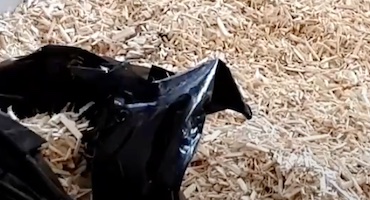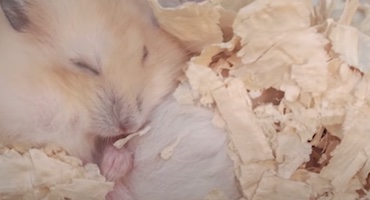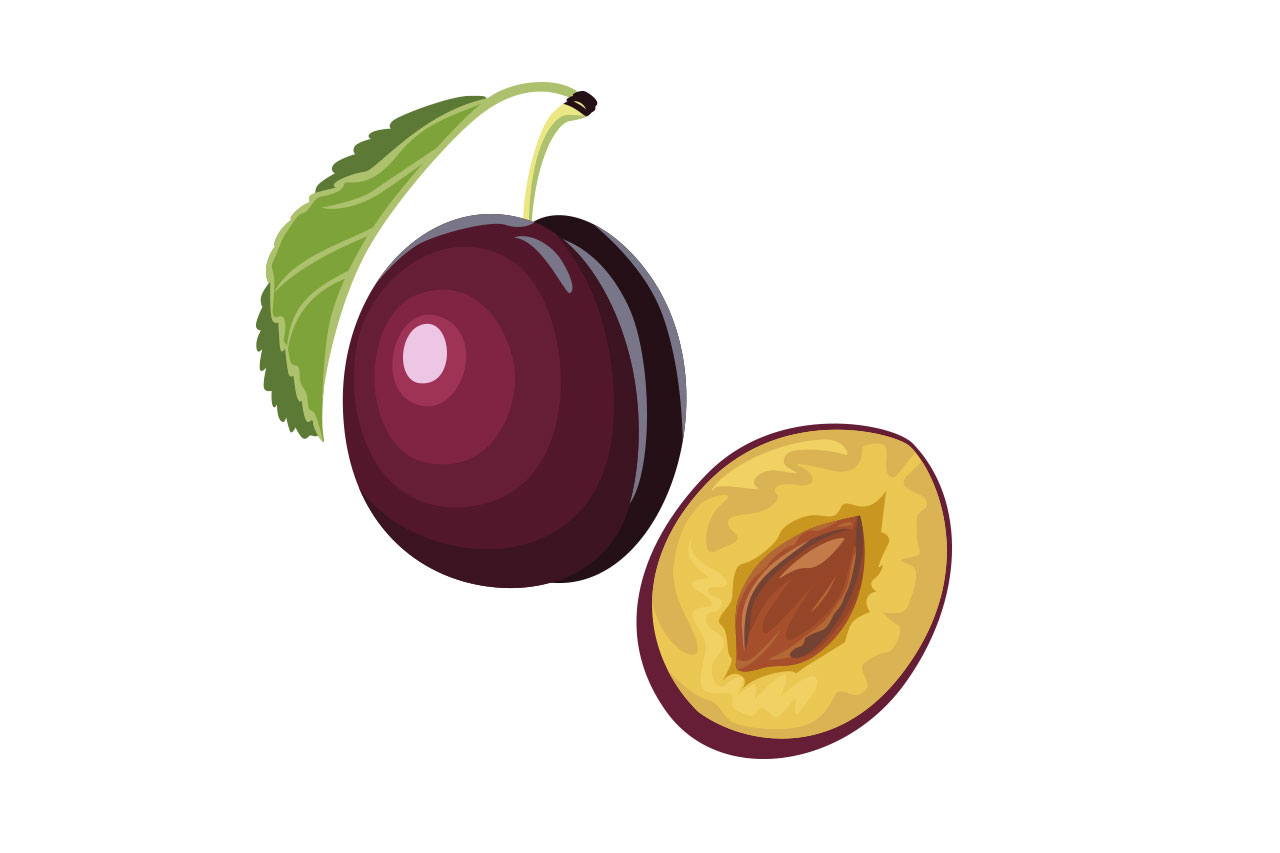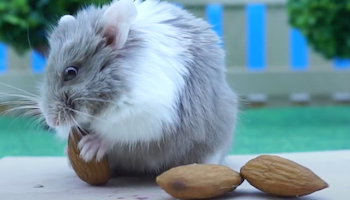Hamsters make excellent pets for those who cannot keep larger pets at home. There are 5 breeds of domesticated hamsters which are the most popular kinds of pets. As a hamster owner, you should know what types of foods you can and cannot feed your hamsters. If you are wondering ‘can hamsters eat peas,’ then the answer is yes, hamsters can eat peas.
However, peas contain quite a lot of sugar, a hint of fat and salt as well. While some species of hamsters can happily eat peas, you should avoid feeding them to all species of pet hamsters. Here is everything you need to know about feeding peas to your hamsters.
If you have Syrian hamsters at home, then you can safely feed them garden peas or even SugarSnap peas every once in a while. However, keep in mind that peas are high in sugar, salt and fat, so never feed them peas excessively. You can feed your Syrian hamsters one or two pieces of peas 3 times a week.
Campbell’s dwarf hamsters are a much smaller variety of hamsters. Although these hamsters can eat as much as their larger hamster cousins, you should not feed them that much since these little hamsters are susceptible to developing obesity and diabetes. As for peas, these vegetables have too much sugar and fat in them, so it is best that you do not feed peas to your Campbell’s dwarf hamsters.
Winter whites dwarf hamsters are also a small species of Dwarf hamsters, and cannot digest too much fat and sugar in their diets. It is best that you do not feed peas to your Winter whites dwarf hamsters as it is too risky for them.
Roborovski hamsters are similar to Syrian hamsters, so they can digest small amounts of sugar and fat in their diets. You can feed your Roborovski hamsters one or two pieces of peas 3 times a week.
Finally, you should also not feed peas to your Chinese hamsters as these are also a species of Dwarf hamsters and are very susceptible to developing diabetes and obesity. Avoid giving them peas completely.
While there are typically 5 breeds of hamsters which are domestic, there are still several species of hamsters which survive in the wild. Here, they have a varied diet and often feed on wild berries, fruits, vegetables, plants, leaves, and even small insects, frogs and lizards if they can!
As for your pet hamsters, you should keep them on a healthy and balanced diet consisting of exceptional hamster food which you find in pet stores. Along with that, you can also feed them the occasional treats of nuts, seeds, grains, vegetables and fruits which are safe. Make sure that you find out which foods are safe for which species of hamsters, as it differs from breed to breed. Never overfeed them, as it can be hazardous for their health to do this.
Are there any health benefits of your hamsters eating peas?
The healthy green vegetables called peas have quite a lot of nutritional value in them if you feed them in moderation to your Syrian and Roborovski hamsters. However, due to the high sugar and fat content in them, they are not suitable for Dwarf hamsters.
Peas have a lot of dietary fibers, Vitamin B6, folate, iron, and manganese in them.
The dietary fibers in peas are great for regulating the bowel movements of your little hamsters. They also relieve constipation and keep your hamsters stomach and digestive systems healthy.
Vitamin B6 helps your hamster’s body to maintain the health of nerves, skin, as well as healthy red blood cell production, which is very important.
Folate is essential for making white and red blood cells in your hamsters bone marrow. These help the hamster’s body convert carbohydrates into energy and also produce healthy DNA and RNA.
Iron is also responsible for the production of hemoglobin and healthy red blood cells in your hamster’s body.
Finally, manganese in peas improves the overall bone health of your hamsters, wards away the risk of osteoporosis and bone and joint health-related issues, and is an excellent antioxidant.
What are the risks of feeding peas to your hamster?
Peas contain high levels of sugar, salt, and fat in them. These high levels make it risky for your Dwarf hamsters to eat since these hamsters are very susceptible to developing diabetes and obesity. However, your Syrian and Roborovski hamsters can eat small amounts of peas.
Overfeeding peas to your hamsters can cause them to develop diabetes, obesity, bloating, stomach and gastric issues, and diarrhea or constipation as well.
Your hamsters may also hoard away little pieces of peas in their cages to eat later. However, these peas may rot, which are dangerous if your hamster consumes them later on. Make sure that you always remove any uneaten pieces of peas from your hamster’s cage.
Can hamsters eat dried peas?
Yes, you can feed your Syrian and Roborovski hamsters dried peas in moderation, just about twice or thrice a week. However, avoid feeding dried peas to your Campbell’s dwarf hamster, winter whites dwarf hamsters and Chinese hamsters.
Can you feed frozen peas or pea pods to your hamsters?
You can feed frozen peas to your hamsters, however, keep them in cold water for half an hour before you feed it to them. Do not cook the peas as they lose their nutritional value.
You can feed tiny pieces of pea pods to your hamsters every once in a while. However, make sure you wash the peas and pea pods well before you feed them to your hamsters.
How many peas can your hamsters eat?
As for your Dwarf hamster species, you should altogether avoid feeding them peas for health reasons. Due to the high sugar, fat and salt content in peas, you should feed your Syrian and Roborovski hamsters peas only in moderation. Give them one or two small pieces of peas three times a week only.
Conclusion
In moderation, peas can be a great healthy and nutritious treat for your little hamsters. Avoid feeding peas to your Dwarf hamsters as they are prone to developing diabetes and obesity. Keep your hamsters on a healthy diet of exceptional hamster food and give them these little treats occasionally for a change of taste!
Share
Related Posts
Popcorn is a snack that many people enjoy. It is common in movie theatres, and it also can [...]
Hamsters are charming and entertaining pets, but they may be quite picky eaters. It's important to understand what [...]
When it comes to feeding your little pet hamsters, there are quite several things you need to keep [...]






